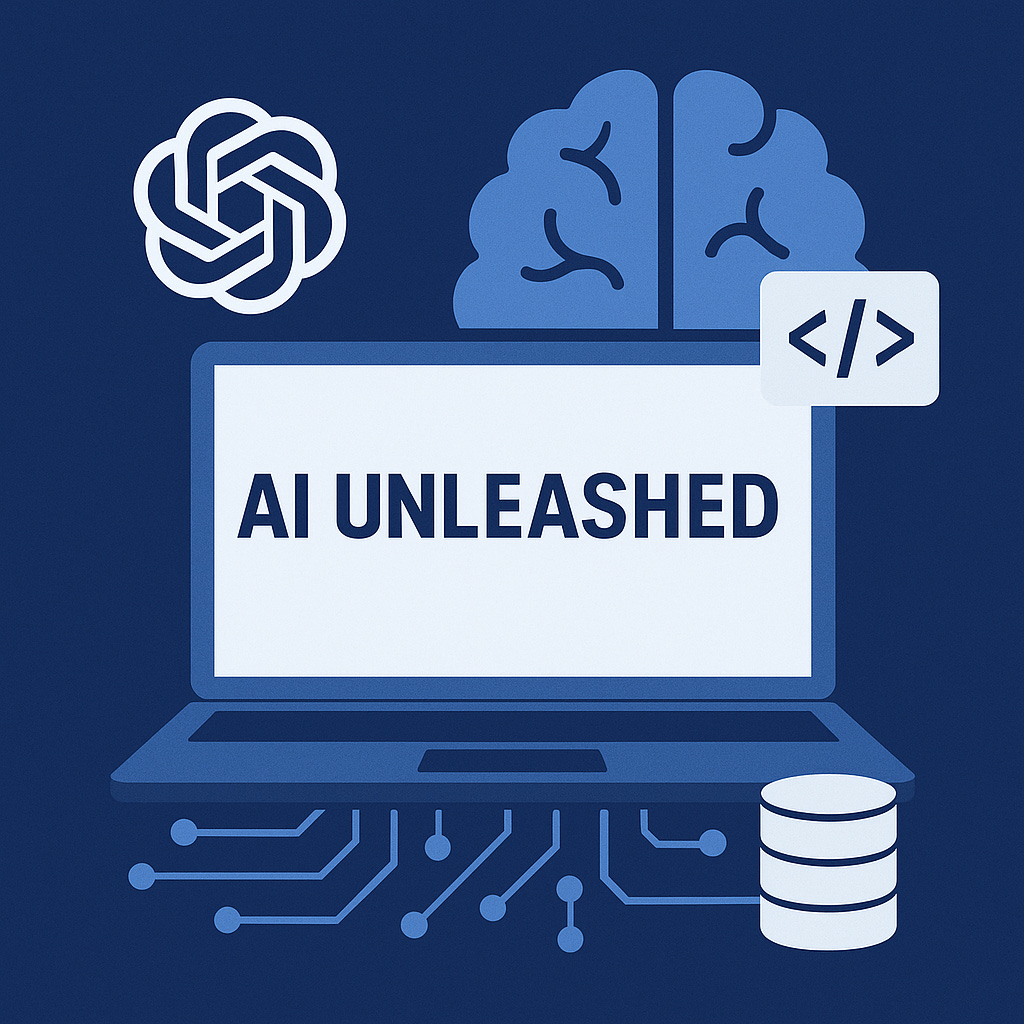Smarter, Leaner, Scalable: How You Can Wrap Intelligence Around Your Business with OpenAI Connectors and MCP
The age of artificial intelligence has arrived—not just for tech giants or billion-dollar enterprises, but for the ambitious, fast-moving small to mid-sized businesses (SMBs) that power our economy.
Until now, unlocking the full potential of AI required massive infrastructure investments, complex middleware, or costly migrations to cloud data warehouses. But that’s changing fast.
With the emergence of OpenAI’s Connectors and Codex capabilities—and the rise of the Model Context Protocol (MCP)—SMBs now have access to an architecture that is not only enterprise-grade, but lightweight, modular, and radically scalable.
This is the dawn of AI-powered operations without enterprise bloat.
🔧 What Is the Model Context Protocol?
At its core, the Model Context Protocol (MCP) is a smart wrapper—a design pattern that lets AI models interact with your business safely, contextually, and efficiently.
MCP defines:
What the model knows (roles, processes, logic).
What it can access (tools, databases, APIs).
How it should behave (governance, boundaries).
What memory it can retain (dynamic yet scoped learning).
For SMBs, this means no more building expensive custom integrations or wrestling with brittle automation logic. MCP gives you a plug-and-play interface to make AI work like an insider in your organization—fully aware of your workflows, but operating within safe, pre-defined lanes.
🔌 OpenAI Connectors: Instant Access to the Systems You Use
With OpenAI’s Connectors, AI models can now interact directly with your existing tools—CRM, project management software, financial systems, and more. The days of bouncing between tabs or manually stitching together reports are over.
Ask a question like:
“What invoices are overdue for our top 5 customers by revenue?”
And get a contextual, real-time response pulled from multiple systems—without touching a spreadsheet or hiring a data engineer.
For SMBs, Connectors mean AI can immediately start generating value without the cost and complexity of building a unified data lake.
🧠 Codex: Turning Prompts into Productivity
Codex supercharges this further by allowing AI to generate code, automation scripts, business logic, or workflows from plain language prompts.
Need to:
Automate customer onboarding across three platforms?
Generate a set of if/then approval rules for a purchasing flow?
Spin up test cases or documentation for your compliance process?
With Codex and MCP, those tasks are no longer bottlenecks. They're just a few prompts away.
This turns every SMB into a software-enabled company—without needing an army of developers or a systems integrator on retainer.
⚖️ Why This Matters: No More Heavy Lifts
Traditionally, SMBs reaching scale have faced a hard tradeoff:
Upgrade to enterprise platforms—and absorb the cost, complexity, and overhead.
Patch together legacy tools—and accept the drag on speed and innovation.
MCP + OpenAI breaks that cycle.
Now you can wrap intelligence around what you already use. You don’t need to migrate to expensive data warehouses. You don’t need an integration layer the size of your entire ops team. You simply connect, contextualize, and go.
It’s the power of enterprise architecture—without the enterprise burden.
🚀 The Future of Scaling Smart
AI is no longer a tool. It’s becoming the fabric of how modern businesses operate. And with MCP + OpenAI, that fabric is now accessible to the businesses who need it most—those who are scaling, adapting, and building for the future.
The companies that embrace this approach will move faster, operate leaner, and deliver better experiences at every level.
Because the future doesn’t belong to the businesses with the most tools. It belongs to those who know how to wrap intelligence around their systems, people, and decisions—with elegance, context, and control.


